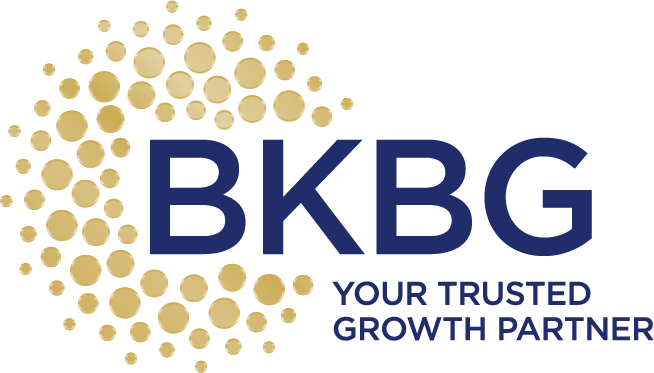Capitalizing on Lessons from Neiman Marcus to Prepare for the New Normal
Four years ago, Nieman Marcus was working its way out of bankruptcy. The first quarter of 2022 was brutal for many retailers. The Conference Board found that 70% of CEOs believe the U.S. is headed for a recession. Interest rates are rising. Consumer confidence is plummeting. Nieman Marcus is thriving. Why? One reason is increased demand among upper-crust consumers. Sheltering in place prevented luxury consumers from purchasing products and services for nearly two years. Luxury products, similar to most kitchens and baths, are not typically purchased online. Luxury consumers expect elevated levels of service and interaction.
Nieman’s CEO Geoffroy van Raemdonck has an optimistic outlook for the remainder of 2022 despite economic and market headwinds. The company is capitalizing on lessons learned during the pandemic that has made Nieman Marcus more agile and adaptable. Van Raemdonck noted that Neiman believes demand remains strong for upscale products and has invested in inventory that can be shipped from one place to another and one channel to another. This flexibility along with pent-up demand enabled Neiman to grow sales by 30% in the first quarter of 2022 and overall sales of its brands increased by more than 70% compared to 2019.
Appealing to a younger demographic has been a key initiative of post-bankruptcy Neiman Marcus. To appeal to Gen X, Millennials, and GenZ shoppers, Nieman’s offers personalized shopping experiences in stores and online and added 200 more brands, many of which are committed to environmental, social, and governance (ESG) protocols. As a result, the average age of Neiman’s customer is now 35-39, down from 45-47 in 2019.
Making the shopping experience more personable and pleasurable is tied to the company’s commitment to its team and ESG principles. This has resulted in improved employee retention and a decrease in the amount of time to attract new team members. Van Raemdonck believes that a retail operation can’t be customer centric if it is not employee centric. Neiman’s corporate culture promotes belonging and happiness which the company claims are necessary to promote and sustain compelling customer experiences.
Moving forward Nieman is committed to investing in technology and digital capabilities to support its team members and create exceptional and personal customer experiences.
What are the lessons kitchen and bath showrooms can learn from Neiman Marcus?
- A younger customer base has the resources to invest in improving their lifestyle and that demographic places a premium on products from companies that produce sustainable and environmentally friendly products and are committed to societal and governance goals that promote diversity, equity, and inclusion.
- Attracting and retaining best-in-class talent requires more than compensation and benefits. Companies also need to demonstrate a commitment to ESG principles and a corporate culture that stands for more than making a profit.
- To deliver exceptional customer experiences, you need to deliver exceptional team member experiences.
- Premium and luxury consumers expect personalized service and are willing to pay for it.
- Capitalize on the lessons learned during COVID and supply chain challenges to become more flexible to meet customer needs.
- Make the necessary investments in technology and digital capabilities to become the destination of choice for kitchens, bath and home remodeling.
